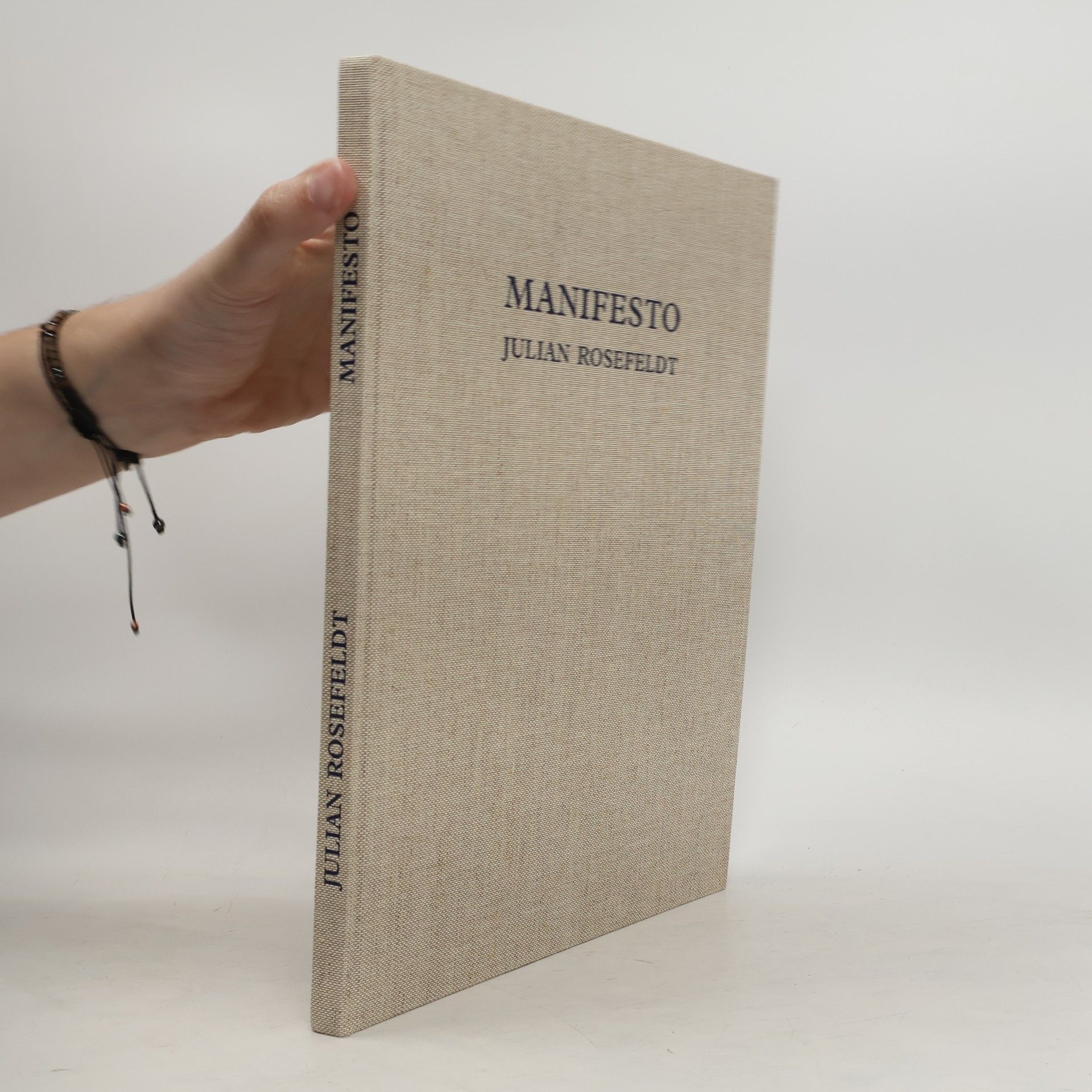Manifesto
- 104 stránek
- 4 hodiny čtení
The thirteen part film installation Manifesto, produced by film and video artist Julian Rosefeldt is an homage to the explosive poetic power of key artist manifestos from the last 100 years. Australian actor Cate Blanchett plays 13 different characters who navigate everyday situations. In taking on these personas, Blanchett lends a voice to a variety of manifestos written by visual artists, poets, architects, performers and filmmakers. The rebellious texts by Filippo Tommaso Marinetti, Andre Breton, Tristan Tzara, Kazimir Malevich, Sol LeWitt, Claes Oldenburg, George Maciunas, Lebbeus Woods, Yvonne Rainer, Guy Debord, Jim Jarmusch and many others are arranged in new text collages, forming unexpected dialogues with each other. Rosefeldt’s installation poses the question of the extent to which these manifestos, written in a spirit of dissent in the societies of their time, are still relevant today. In Manifesto, Julian Rosefeldt’s complex visual worlds, Cate Blanchett’s versatility as an actor and the expressive force of the texts themselves merget to create multi-layered work of art.

